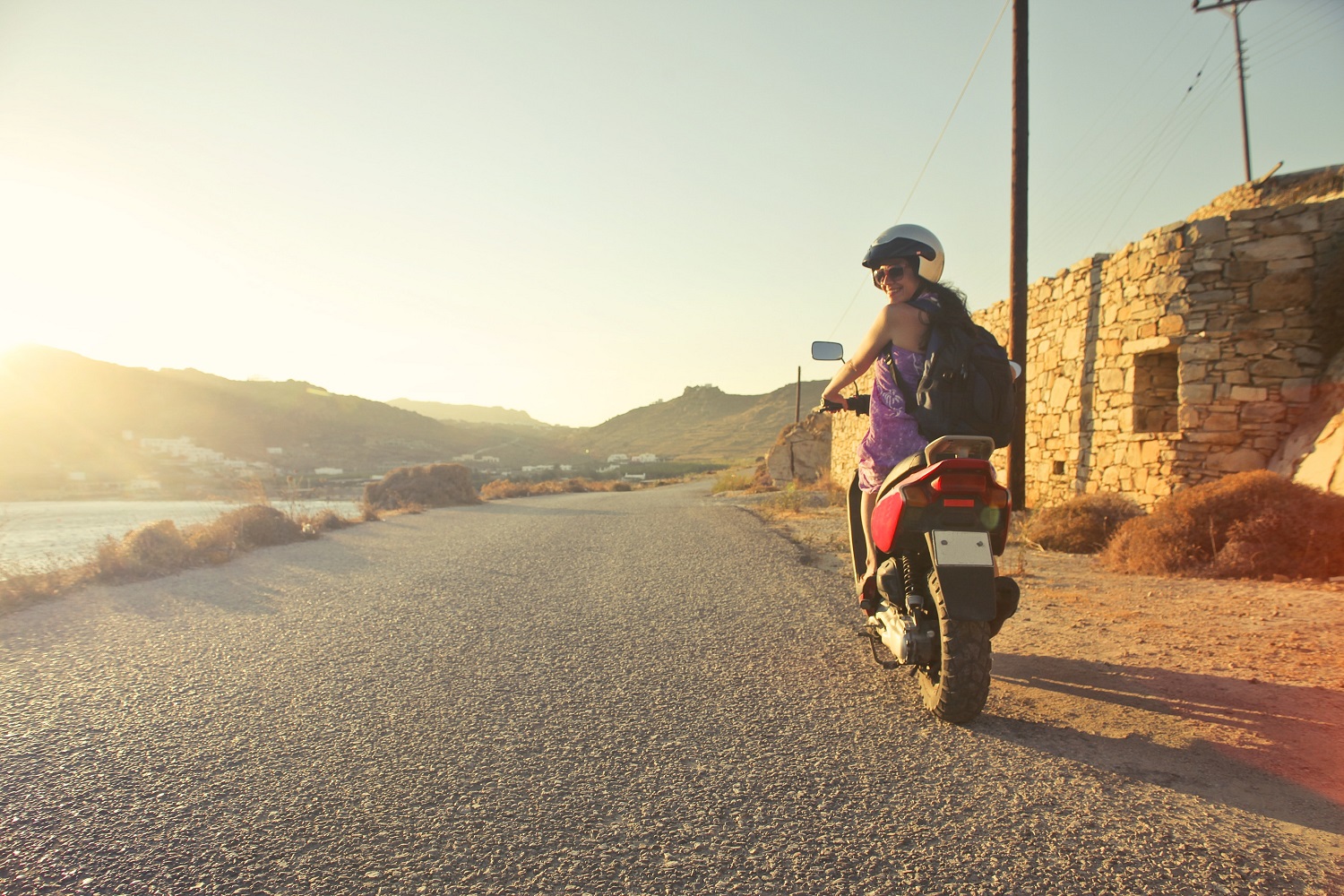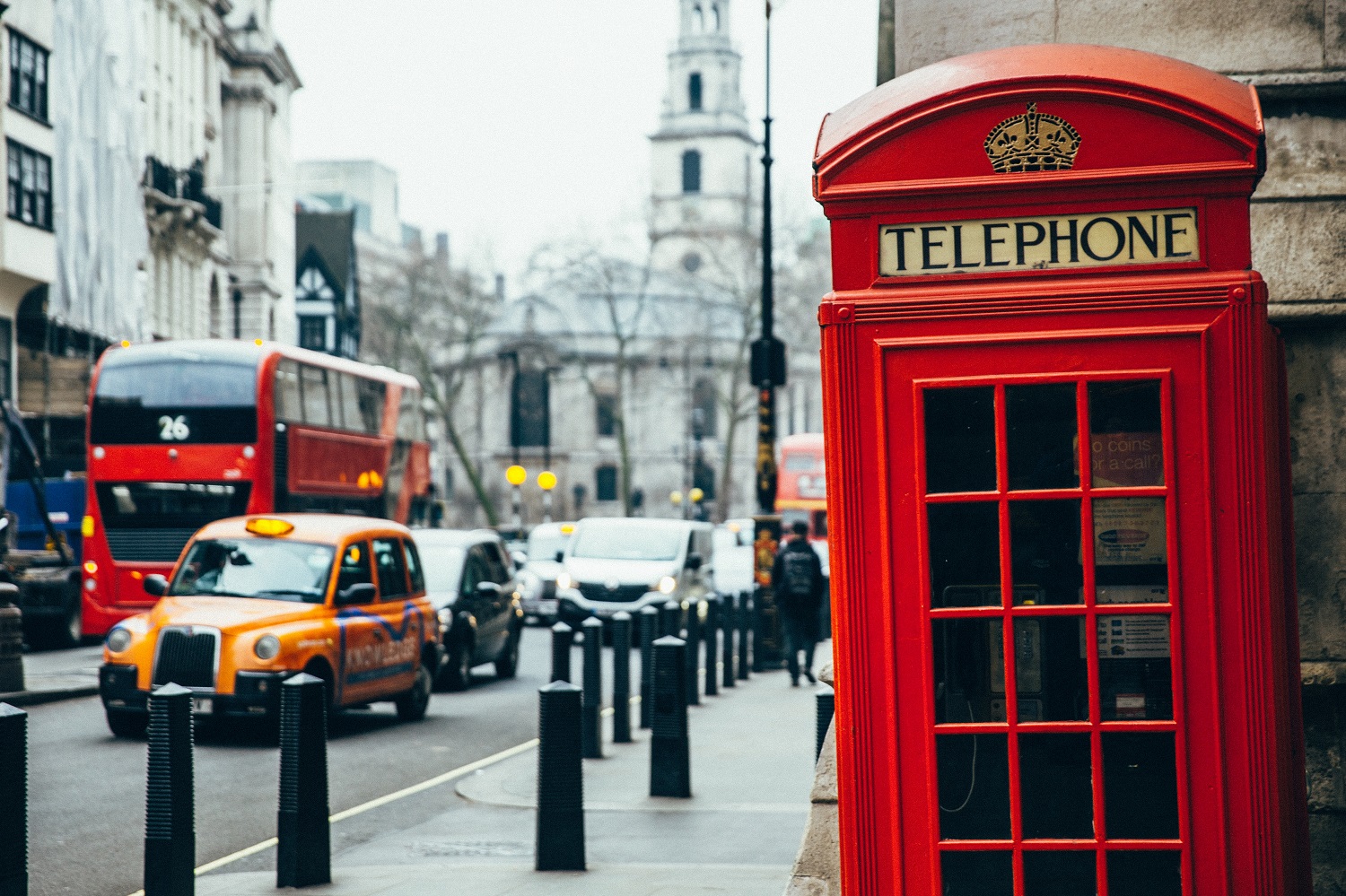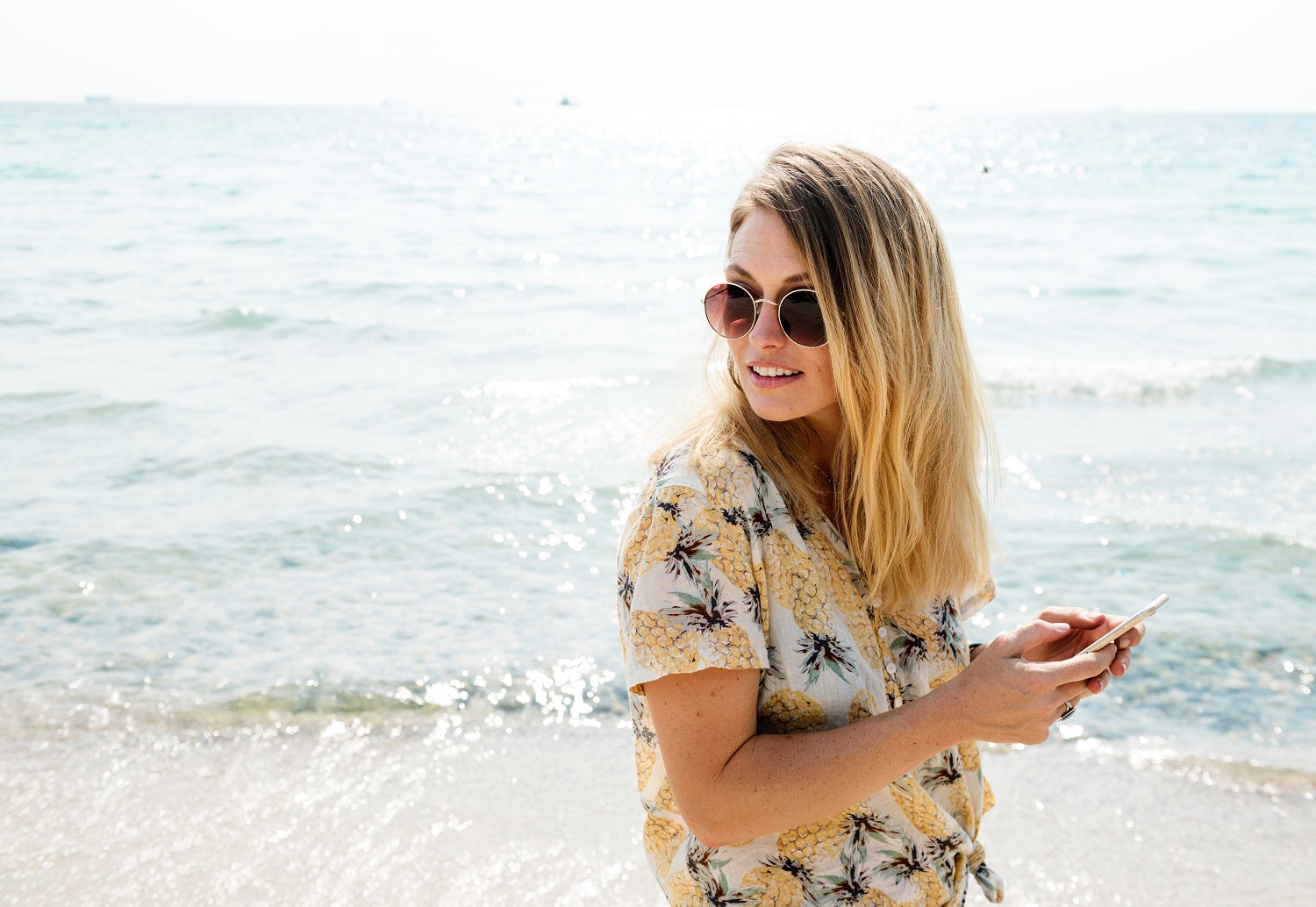students, workers & explorers going to New Zealand & travelling from New Zealand.

Answer our simple questions to get started


InsurancesafeNZ provides three different travel insurance policy categories: Studentsafe, Workersafe and Explorersafe. This means that if you’re travelling to New Zealand, travelling within New Zealand or temporarily leaving New Zealand, we have something to offer you. Use the Policy Finder to narrow your policy search and get a quote. Our website is also packed with great information on how to keep safe, how to make the most of your time abroad and how to understand your travel insurance policy better. If you need further assistance contact one of our friendly staff on our toll-free number 0800 486 004 (within NZ) or +64 9 488 1638 (outside of NZ).
Studying in New Zealand is an adventure of a lifetime, which is why a range of unexpected bumps and accidents are covered under Studentsafe policies.
But when it comes to certain medical conditions, you may not be automatically covered. That’s why it’s important to disclose any medical conditions you want cover for.
The term “Pre-existing Medical Conditions” is commonly used when applying for insurance. This refers to your medical history and the full definition can be found on
Being in good health is key to embarking on an exciting study adventure in New Zealand.
Anyone planning to study in New Zealand for more than three months is required to apply for a student visa.
When applying for a new or to renew a visa, you may need to provide New Zealand Immigration with medical information to demonstrate an acceptable level of health.
Studentsafe policies do not cover medical costs for your visa application.
Studentsafe policies are desig
Your wellbeing is important which is why Studentsafe provides cover for medical and related expenses.
But before you make an appointment for check-ups related to your health, it’s important to understand what is and isn’t covered under your policy.
Studentsafe does not provide cover for certain medical tests listed as Exclusions under Section 1: Medical and Related Expenses as set out below:
9. Health screening, medical and dentals reviews or vaccinations.
&
Staying healthy plays a vital role in making the most of your study adventure. If you have been prescribed medication and are looking to make a claim, it’s important to understand what is and isn’t covered under your policy.
Just because a certain medication has been prescribed by your doctor, it does not mean that it is automatically covered.
Studentsafe does not provide cover for certain medical tests listed as Exclusions u
Keeping mentally well is important to make the most of your study adventure.
While studying away from home is an exciting life experience, there are times you may feel overwhelmed or experience loneliness, stress, anxiety and depression.
During these challenging times, it’s important to recognise the pressures you may be under, whether it’s adjusting to a new environment or the added load of assignments and exams.
If you need professional help, you can feel assured knowi
If you’re reading this article, you’ve already made a sensible choice. If you’re in a new relationship, or thinking about starting to date, it’s important to think about how you can ensure that you and your partner stay safe when you’re having a little extra ‘fun’.
So read on to learn more about what steps you should be taking to keep safe. The consequences can range from irritating to life-threatening – and that isn’t a gamble anyone should take.
Any new culture will have customs that you will start to learn very quickly as soon as you arrive! To give you a head start on your time in New Zealand, we’ve got a few key bits of information about Kiwi culture – and a whole lot of detail about speaking like a local!
When you’re walking the streets of New Zealand – or even when you’re still at the airport and navigating escalators – it’s good to remember that we drive on the left, not the righ
Unless you’re really into skiing, winter in New Zealand isn’t really the most exciting time of year. It’s not cold enough for there to be pretty snow falling in the cities, but it’s still cold enough that you don’t want to spend time outside unless you have to. Instead of snow, we mostly get rain and wind. It’s certainly not terrible – but it does give you a good excuse to go somewhere sunny if you have the time and budge
Adjusting to a new workplace comes with challenges wherever you are in the world – and if you're in a new country as well as a new workplace, those changes can be even more extreme. New Zealand culture is quite friendly and informal, and this extends to many workplaces. But it can be difficult at times to understand where the limit is – how casual is too casual and what will make you look unprofessional? How formal is too formal and what will make you look too unapproachable?
Some of
Everyone experiences periods of stress in certain situations – perhaps exams are coming up, or you’ve spent a little more than you intended to at dinner and pay day is still a couple of days away. That’s a normal part of life, and most of the time, it goes away fairly quickly when the source of the stress comes and goes. You pass your exam, you check your bank account and ther
A healthy worker is a more productive worker. It seems like an obvious statement to make, but in today’s working world, many workers feel that they have keep pushing and pushing to get results – even at the expense of their health and wellbeing. Workplaces need to be more supportive of their staff to make sure that they feel they are able to take time to get healthy if they are unwell, or to express their concerns if they are overburdened with stress.
Ask any adult what their student years were like, and there will almost always be two things that everyone has in common – lots of fun, and hardly any money! But if you’re new to a city or even a country, it can be hard to know where to begin when it comes to finding social activities that you can do on a student budget.
To help you out, we’ve rounded up some of our top tips for free and cheap things to do in New Zealand’s main student cities and towns to get you started!
Flatting doesn’t have to be expensive. There are a number of ways you can set up a flat on a budget without losing out on quality and the occasional treat. To make sure that you get the best experience possible no matter what your income may be, we’ve brought together a few of our favourite tips and t
When you’re away from your family and community that feeling of homesickness can feel very overwhelming. Making friends and keeping busy are the easiest ways to prevent homesickness – but you need to put the effort in. If you sit at your computer looking over your soci
When you’re planning adventures overseas, there’s so much excitement that it can be easy to forget about the parts of travel that are a little less glamorous. Organising travel insurance may not be as thrilling as planning your routes and researching the major attraction
For many people, the shift from university study to the working world is one of the biggest changes they will ever experience. Life until that point is focused on formal education – sitting in class, doing homework, taking notes… and then all of a sudden, it’s time to step out into
No matter where you go in the world, someone will tell you to keep safe and often there’s a good reason for it. When travelling or moving somewhere new it can be tempting to step outside of your comfort zone and give everything a go. While this is a great attitude it’s important to explore your new surrou
Relocating to a new country for work is hugely exciting. Getting a new job and home and navigating new cultures, practices and languages is an immersive experience and can be incredibly consuming.
An “out with the old, in with the new” approach can be tempting – after all, you’re making a
In general, the younger your children are the easier it will be for them to pick u
For many of us, our pets are part of the family. For expats intending to move overseas with their pet, planning and research before the move is essential. It is crucial to ensure the welfare of your beloved pet during and after transit, and that regulation surrounding the importation and exportation of pets is complied with.
Research animal import regulations for your new country of residence, to determine what conditions must be met for your pet to be allowed en
If you’ve spent a while in New Zealand, you might be feeling like it’s time to try somewhere else for a little holiday. Rather than just heading home, or visiting somewhere close by, why not make it a real adventure and trek to the other side of the world – Europe?
Some people chase summer, avoiding the colder months of the year. Other people – mostly skiers and snowboarders – will go anywhere in the world there’s snow. Pick your time of year depending on what kind of traveller you are.
If you’ve learned to snowboard on Mount Ruapehu or down at Cardrona or Coronet Peak, you might be keen to keep practising your new skills. But New Zealand’s snow season is only from June until September at best – and there are only so many times you can go to Snow Planet before you get tired of the indoor environment.
Or if you feel like summer ended too quickly, or you worked all through the Christmas holidays without a chance to enjoy the sun, perhaps you need a mid-winter escape to the Northern Hemisphere, where it’s the height of summer.
But if you just don’t really mind and your schedule is flexible, stick with any time other than the European summer. You’ll save money, since accommodation and travel prices should be lower and it won’t be nearly so full of other tourists, so you can take the time to enjoy yourself – and maybe not have wait behind such a huge crowd to see things like the Mona Lisa if you like visiting galleries!

If you are fairly confident in your English abilities, you will have quite a lot of options wherever you go. Most European cities will have plenty of English language support for tourists, even if the local people don’t speak much of the language. Of course, if you want to guarantee that you’ll be speaking to people who speak English, the United Kingdom is the best place to go – although do remember that some parts of the country do have very strong accents, so be aware of that before you arrive!

In some places like the Netherlands and a lot of Scandinavia, many people will speak fluent English – although everyone will appreciate it if you put some effort into learning a few phrases in the local language. Most of the time they will realise that you aren’t a native speaker and will switch to English. This isn’t always the case in other parts of Europe, where you may need to learn a few extra phrases, or perhaps bring a language guidebook with you. Usually, if you have a guidebook, a friendly person who is willing to help and you both take it slow, you will get the answer you need. Don’t forget to learn how to say thank you in the local language!
CROATIAN – hvala (HVAH-lah)
CZECH – děkuji (Dyekooyih)
DANISH – tak (tahg)
DUTCH – dank u
FINNISH – kiitos (KEE-tohss)
FRENCH – merci
GERMAN – danke
GREEK – ευχαριστώ (ef-hah-rees-TOH)
ICELANDIC – takk (tahk)
ITALIAN – grazie (GRAHT-tsyeh)
NORWEGIAN – takk
POLISH – dziękuję (Jenkoo-yen)
PORTUGUESE – obrigado oh-bree-GAH-doo
RUSSIAN – спасибо (spuh-SEE-buh)
SPANISH – gracias (GRAH-syahs)
SWEDISH – tack
WELSH – diolch (DEE-ol’ch)
What’s your idea of a perfect trip? Visiting museums and galleries? Eating delicious food every day? Climbing mountains? Lying on beaches? We all have different interests when we’re travelling, and different places in Europe will be better than others depending on your interests.
If you’re interested in culture and history, it’s almost hard to find somewhere that won’t be suitable! But classic cities like Paris and Rome will be full of just the kind of magic you’re looking for. You can gaze at priceless paintings and walk through ancient ruins – it’s your high school history textbooks come to life!
.jpg)
If food is your great love, again, there is so much to try! Don’t be afraid to try somewhere a bit different – some of the Balkan states have incredible cuisine, with similarities to food from Greece, Turkey and other parts of the Mediterranean, as well as influences from their northern neighbours in eastern Europe. Or stay with the classics and spend your days eating tapas in Barcelona, pasta in Rome and pastries in Paris… hungry yet?
If it is mountains that interest you – climbing them or skiing down them – the Alps are the place to be, whether you’re in France, Switzerland or Austria. Chamonix is a beautiful resort town in France, while Zermatt sits below the mighty Matterhorn in Switzerland.
If you just want to get to know the beaches of the other side of the world, Spain is going to be a top choice, especially if you’re heading over in the ‘winter’. Winter is a strong word for what you can enjoy on the Costa del Sol or Costa Blanca, where the weather is warm and welcoming all year around.
And if you want to explore as many different places as possible, you’ll want to get a Eurail pass. Depending on how much time you have and how far you’re planning on going, you can choose between a one country pass to, a ‘Select’ pass (where you choose 2,3 or 4 bordering countries to travel around) or if you have plenty of time and a desire to see as much as possible, the ‘Global’ pass will allow you to explore up to 28 different European countries. Could you even name 28 European countries without looking them up?

It can be hard to know who to listen to – the people saying to avoid the ‘tourist traps’ and instead go off the beaten track… or the people saying that you have to see those things!
There’s no reason you can’t manage both. Think about the places that are most famous, that you most want to see – and make sure to allow time for them. That might mean riding the London Eye, or going up the Eiffel Tower or travelling out to Pisa to pretend to hold up the Leaning Tower. But make sure you allow enough time to do other things too – whether that’s having a morning to explore a cool neighbourhood, try the local food, or take some time to go shopping, or just knowing that you’ve got enough time to take a nap between activities!

You’ll have much more fun if you allow yourself some breathing room. Sometimes, that might come at the expense of visiting every single landmark – but you’ll have better, clearer memories of the special places you did visit, rather than a blur of a week where you can’t quite remember what activity came first.
One really useful thing about traveling in Europe is that most countries make it really easy to travel to neighbouring countries. But it can be a bit hard to understand the rules – since not all European countries are members of the EU… and not all EU members are part of the Schengen agreement, which allows free passage between countries with no border checks. Some countries in the Schengen agreement aren’t even part of the EU!
It’s all quite confusing. You can use the euro for payment in: Austria, Belgium, Cyprus, Estonia, Finland, France, Germany, Greece, Ireland, Italy, Latvia, Lithuania, Luxembourg, Malta, Netherlands, Portugal, Slovakia, Slovenia, and Spain.
Bulgaria, Croatia, Czech Republic, Denmark, Hungary, Poland, Romania, Sweden and the United Kingdom are all part of the EU (at present) but don’t accept the euro. Andorra, Monaco, Montenegro, San Marino and Vatican City are not members of the EU, but they do use the euro.

When it comes to the Schengen area, most EU countries are part of it – except for Croatia, Cyprus, Ireland, and the UK. And like with the euro, there are some countries that are not part of the EU, but are part of the Schengen area – in this case, Iceland, Norway, Switzerland and Liechtenstein.
So make sure you know where you are planning on going beforehand, so you know whether or not you will be okay to just have a Tourist/Visitor Schengen Visa, or if you will require different visas for different countries outside of the agreement area.
Depending on where you’re going and for how long, you might be able to just use a roaming pack on your cellphone – but if you’re going to be away for a while or you’re in a slightly unusual country, it might be worth buying a local sim card to use while you’re away. Be sure to tell people back home that you’ll be changing to a different sim, though – you don’t want people to be unable to contact you in an emergency and not know why their calls aren’t going through. As soon as the new sim is in your phone, send a text to the people who are most likely to get in contact with you so they know how to reach you while you’re away.

The most important thing to remember is to have fun! Not everyone has the budget for a big international trip, so make the most of your time abroad and create some amazing memories for you to think back on and that you can share with friends and family when you get back to New Zealand or to your home country. Now get out there and have an amazing adventure!
